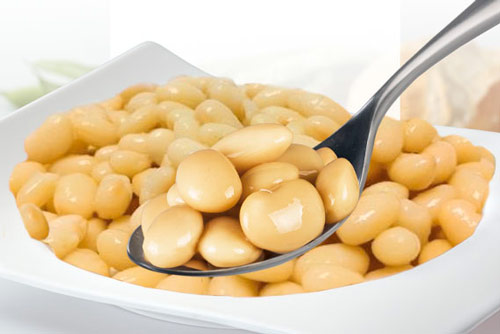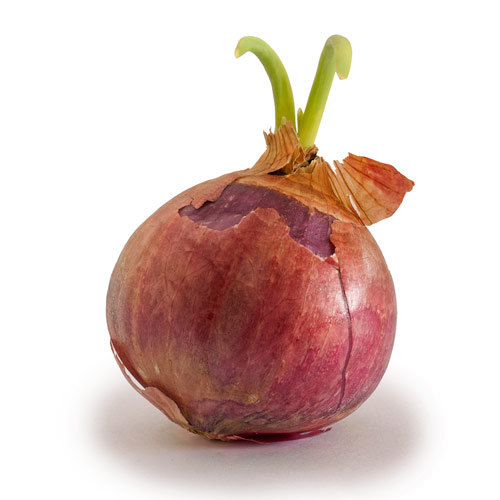Damp squib: “Nigel Slater’s chicken with butterbeans & rosemary.”
Sometimes a recipe explodes from the page into the kitchen with so much force that the dish becomes a constant. Then there are recipes so unsuccessful that they climb the Wall of Shame. Either way, britishfoodinamerica attempts to mete praise and approbation in objective measure. A third category of recipes, however, requires recognition.
Sometimes a recipe looks good on the page but does not quite translate to something appealing on the plate. Something about the recipe is wrong; omissions, proportions, temperatures and timing may render it unworkable or merely not quite right. A lot of those recipes are salvageable. They do not promote Pizza Delivery--they are not that bad--but like the wine quaffed in A Christmas Story , adapted from the Jean Shepherd book with the better title In God We Trust: All Others Pay Cash , are not that good either.

These damp squibs only require repair to produce pyrotechnics and so, a new column is born.
The Nigel Slater recipe in the title, which appeared in his 24 October Guardian column, represents our first salvage operation. Its principal sin is the one of omission, although in the current incarnation of the column Slater also abandons the recipe format that serves him admirably in his books, of listing ingredients before providing the instruction. The column adopts an entirely narrative format, embedding ingredients within paragraphs, favored by Elizabeth David and other less than lucid recipe writers.
The concept is good, the format and execution bland, so by clarifying the instructions, adding a couple of ingredients and tweaking proportions it is possible to produce what Slater promises, a “sticky and sweet, herby and wholesome midweek treat.”
Slater starts well, with chicken, vermouth, a couple of cans of butter beans, stock and rosemary. He particularly likes the big canned beans and uses them to good effect in a series of the recipes he designs, like this one, to produce good food fast. The number of ingredients and supervisory time therefore are curtailed, but our additions and electives do not transport the dish to the realm of fancy food taking too much time, disqualifying it from weekday employment.
When the Wehrmacht overran France and occupied the Channel Islands in 1940, Germany deprived Britain of its primary sources of onions. Even as late as 1943, according to an American in London, it required “robbing a bank or playing with the black market” to obtain an onion; that, or an enterprising sailor. One of them, a destroyer officer on convoy duty, had brought the visitor’s hosts some onions procured when his ship had put in at Bermuda. His gift was so precious that it was served, boiled and alone, as a dish in its own right. (cooksinfo; Collingham 67)
Anyone accustomed to cutting an onion at the onset of kitchen operations would feel understandably bereft without one, so bereft that some scholars consider the occupation of Guernsey and Jersey a signal factor in the decline of British foodways during and after the war based on the notion that an average cook unacquainted with an ingredient would have little or no notion what to do with it.

It takes an onion.
At this juncture of the twenty-first century onions are plentiful and cheap, so Slater’s omission of them from the recipe is either a nod to simplification or an omission easily rectified. Slicing an onion takes only a minute or less. The quick cook prepared to enroll an elective might steal a page from the book of chowder and throw a little cured pork into the mix, in the form of guanciale, pancetta, or tasso, or, to Anglify things, bacon, pickled or salt pork. Worcestershire improves pretty much anything savory and a dose of hot sauce pulls up the flavor of the other elements of any dish.
Herbs other than rosemary, in particular sage, would do, and would serve the harried cook better than rosemary. Rubbed sage, a dried herb, is in some respects better than fresh, but dried rosemary has a faint but harsh flavor and the texture of a sewing needle; you always will want the fresh herb instead.
The repaired recipe, for two , appears in the practical.
Sources:
Anon., “The Great Onion Scarcity,” www.cooksinfo.com/british-wartime-food (n.d.; accessed 17 November 2017)
Lizzie Collingham, The Taste of War : World War II and the Battle for Food (New York 2012)
Nigel Slater, “Nigel Slater’s chicken with butterbeans and rosemary,” The Guardian (24 October 2017)

